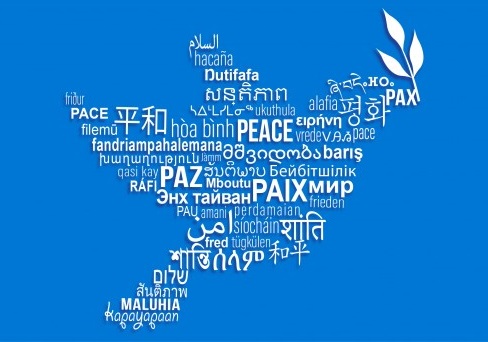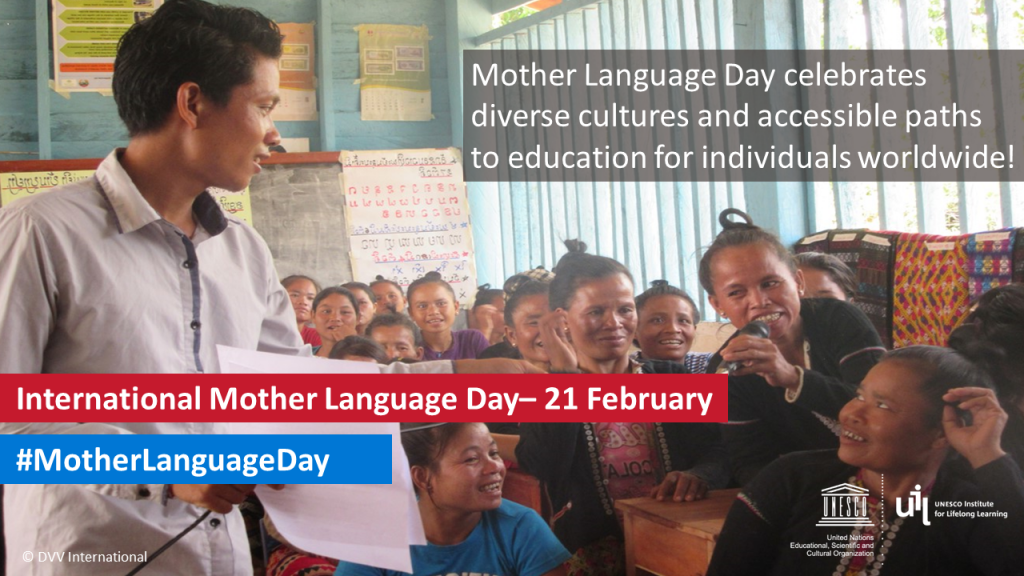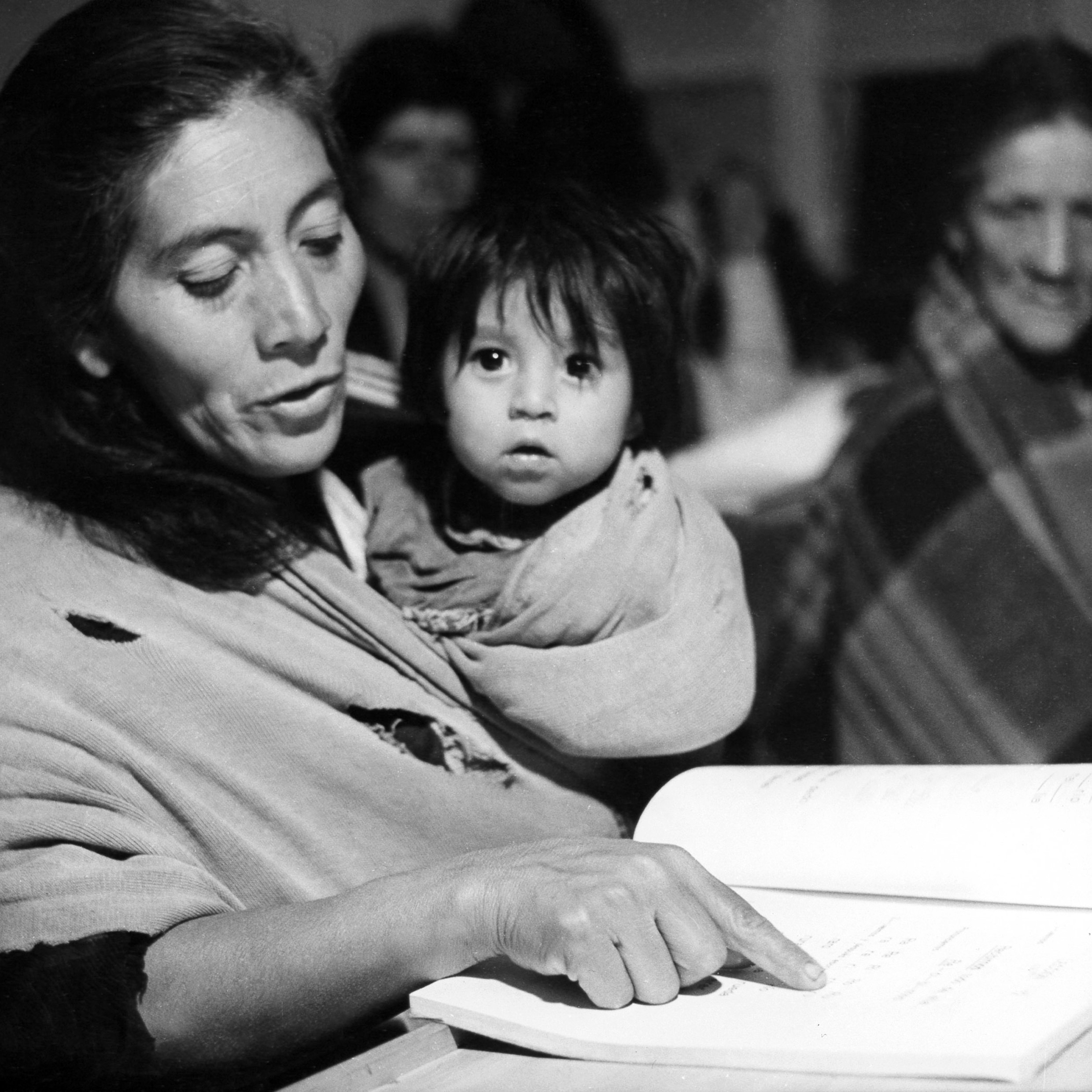In a world increasingly globalized, multilingualism is becoming the norm rather than the exception. Supported by mother tongue-based multilingual education, linguistic diversity brings a number of benefits to learners but also to society as a whole. Growing evidence suggests that multilingualism can effectively contribute to sustainable development and to peace, argues David Atchoarena

Since the year 2000, the world has been celebrating International Mother Language Day on 21 February. Linguistic diversity is an invaluable part of the heritage of humanity. About 7,000 languages are spoken around the world. Yet, 2,680 of them are in danger of disappearing, and many more are already gone.
In that context, offering education and learning opportunities in the mother tongue is essential to transmitting and preserving traditional knowledge and culture in a sustainable way. Children, youth and adults require learning opportunities that are relevant to their lives and needs. This also includes having access to an education in their own language. Evidence shows that such provision contributes to improving learning and developing confidence and self-esteem. Continue reading


 Respect for linguistic diversity is a precondition of authentic dialogue and cooperation, writes David Atchoarena on International Mother Language Day
Respect for linguistic diversity is a precondition of authentic dialogue and cooperation, writes David Atchoarena on International Mother Language Day